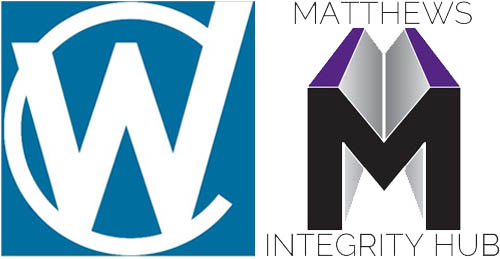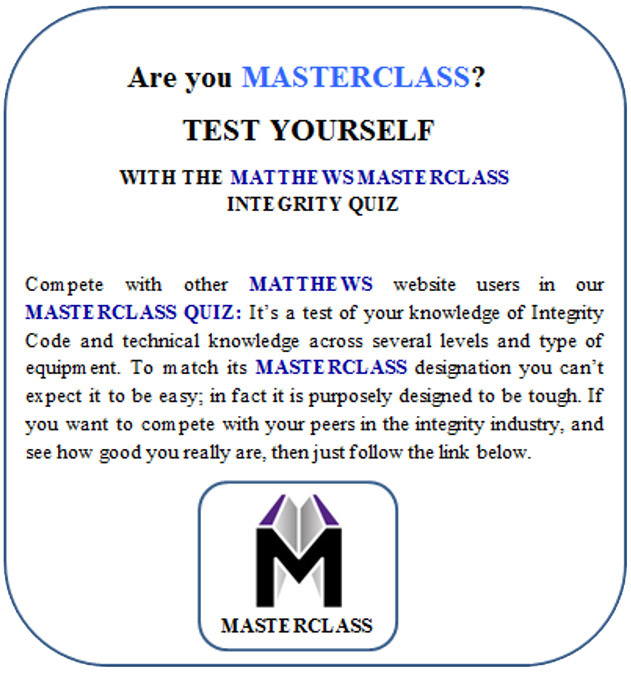API 510/570 EXAM QUESTION QUIZ
WELCOME to our TECHNICAL QUIZZES
Each of our technical quizzes is compiled to give you an insight into the technical coverage of codes and standards included in various certification exams in the integrity industry. We’ve also included areas of specific technical interest on other integrity topics.
There are only 5 questions per quiz. Have a go at them first then check the answers at the end and see how you’ve done. There’s a ‘5-minute coaching section’ at the end of each quiz set to guide you on the relevant technical subject.
API 510/570 Common exam questions
The API 510 Pressure Vessel Inspection Code and API 570 Pipework Inspection Code are documents used for separate personnel certifications administered by API. Each certification exam has a large and separate body of knowledge (BoK), however they have a similar approach to engineering principles and some of the API Recommended Practice (RP) documents included in the exam scopes are common to both the API 510 and 570 BoKs.
Try these quiz questions that relate to both the API 510 and API 570 exam scopes;
Q1. RBI ASSESSMENT
RBI assessment can be used for both vessels and pipework to help decide inspection frequency. It should be carried out in accordance with?
a) The written scheme of examination
b) API RP 579
c) API RP 580
d)The inspection plan approved by the API inspector
Q2. Use of API inspection codes
In US jurisdictions inspection codes are intended for use by organizations that have:
a) Their own technically qualified API piping or vessel inspectors.
b) Their own technically qualified design engineers
c) Their own inspection organization
d) None of the above, it is sufficient to have access to the above people
Q3. Pressure testing of stainless steel components
300 series stainless steel pipework should not be pressure-tested with:
a) Polythionic water
b) Potable water treated with chlorine or ozone
c) Air or Nitrogen
d) Steam condensate
Q4. Owner/user inspection organizations
According to the API inspection code philosophy, who is ultimately responsible for the control of all inspection activities?
a) The API-certificated inspector
b) A qualified professional engineer (PE)
c) The plant ‘Competent Person
d) The plant owner/user
Q5. Fatigue cracking:
Fatigue cracking is caused by stresses:
a) Above the yield strength
b) Below the yield strength
c) Initiated by vibration only
d) Dependant on time, temperature and stress acting together
Once you have had a try at the questions, have a review of The Answers
If you didn’t get them all correct, have a look through our 5-minute coaching points below:
5-MINUTE COACHING
THE ROLE OF API INSPECTION CODES
API inspection codes 510/570 and 653 have a consistent approach about how the content of the codes is designed to be used. This is targeted at the way things are done in US jurisdictions but is not that far removed from that in most other industrialised countries that use the API codes for non-statutory guidance.
Code ‘Intent’ and ‘Responsibilities’
This short section included near the beginning of API codes sets out how the code content is to be used in operating plants. There is then a section on ‘Responsibilities’, explaining the various parties assumed to be involved. The names differ slightly between codes but are broadly:
Owner/User: These are not always the same; for practical purposes the plant user is much nearer the day-to-day operation of the plant so it is often assumed is more directly involved in following API codes
Design Engineer: Someone who understands the design of the plant (and its construction codes) or could describe themselves as a Specialist. The assumption is that they know much more about the specifics of the piece plant than an inspector would
Inspector: For API 510/570/653 This means the API-certificated Inspector who is involved in in-service inspection activities. There can sometimes be a little bit of confusion here as when referring to new construction activities (under ASME VIII or B31.3 for example) the term Inspector refers to the ASME Authorised Inspector (AI) qualified by the National Board (NBBPVI)
Examiner: This is a US term meaning the NDE technician or operative that actually
performs the hands-on NDE activities. The general assumption of API codes is that
they would not be certificated as an API Inspector
API exam questions
You can expect quite a few exam questions on the subjects of code intent and responsibilities in all API certification exams. They might not match the situation where you work but are nevertheless seen as important principles by the exam question-setters.
Click here for MATTHEWS MASTERCLASS Integrity Quiz






